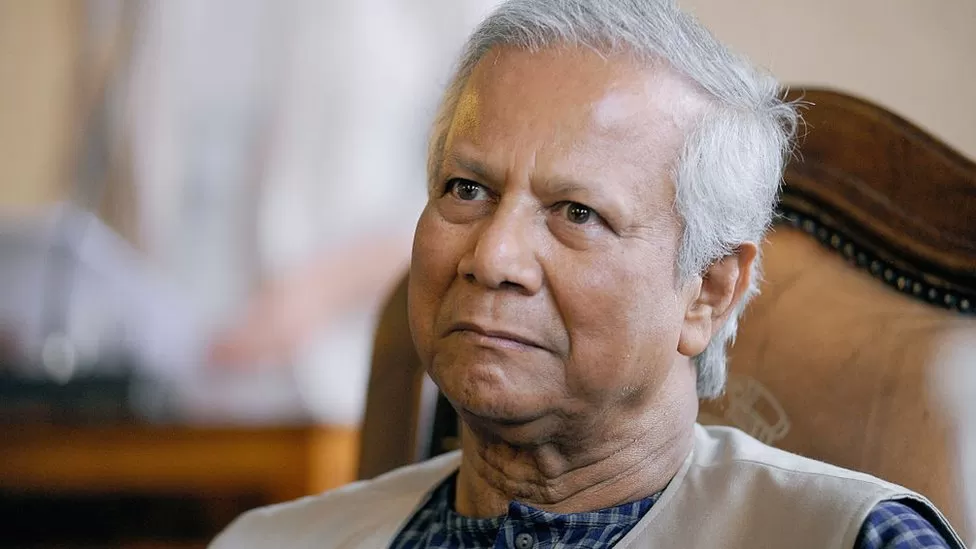Over 170 prominent global figures have called on Bangladesh’s Prime Minister, Sheikh Hasina, to stop the “persecution” of Nobel laureate Muhammad Yunus. Muhammad Yunus, renowned worldwide as the “banker to the poor,” faces numerous cases, with additional ones filed in recent weeks. The letter from these global figures characterizes these legal actions as an assault on democracy.
In response, Prime Minister Hasina issued a strong rebuke, accusing the 83-year-old Yunus of seeking international support. She welcomed international experts to assess the ongoing legal proceedings against Yunus.

Yunus is widely praised in much of the Western world for his pioneering work on microloans. However, Sheikh Hasina considers him a public enemy. She has frequently criticized Yunus as a “bloodsucker” of the poor. She also accused his Grameen Bank of charging excessive interest rates.
Grameen Bank, established by Yunus in 1983, provides small, long-term loans to assist small businesses. This concept has gained popularity worldwide, earning Yunus and the bank the Nobel Peace Prize in 2006.
The open letter featured signatures from notable figures such as former US Secretary of State Hillary Clinton, Virgin Group founder Richard Branson, and U2 lead singer Bono. They called for an end to the “continuous judicial harassment” faced by Yunus. They expressed a desire for him to continue his groundbreaking work free from persecution or harassment.
Many believe that Yunus’ attempt to form a political party in 2007, seemingly with the support of a military-backed caretaker government, angered Prime Minister Hasina. However, Yunus did not pursue the political endeavor and has since stated that politics is not his focus.
Cases Against Yunus
Recent legal actions against Muhammad Yunus, including cases filed by 18 former employees of Grameen Telecom accusing him of depriving them of job benefits, as well as a trial for alleged labor law violations, have sparked controversy. These developments occur just four months ahead of Bangladesh’s next general election and amid increasing calls for free and fair polls.
In the past, there have been other legal cases against Yunus. In 2011, the central bank of Bangladesh forced him to step down from Grameen Bank, claiming he had exceeded the mandatory retirement age of 60. Moreover, in 2013, authorities accused Yunus of tax evasion on overseas income.
Yunus’ lawyer, Abdullah Al-Mamun, has contended that these cases are influenced by the government.
Some observers believe that Bangladesh Prime Minister Sheikh Hasina resents Yunus’ global recognition. There is speculation that Hasina fears Yunus’ reputation may overshadow that of her late father, Sheikh Mujibur Rahman, who is revered by many Bangladeshis for leading the country to independence.
These legal actions against Yunus are seen by some as a reflection of a growing intolerance of dissent. Political scientist Ali Riaz pointed out that the push for trials appears to prioritize making an example out of Yunus. This pattern, according to Riaz, is consistent with the treatment of opposition activists and government critics.


